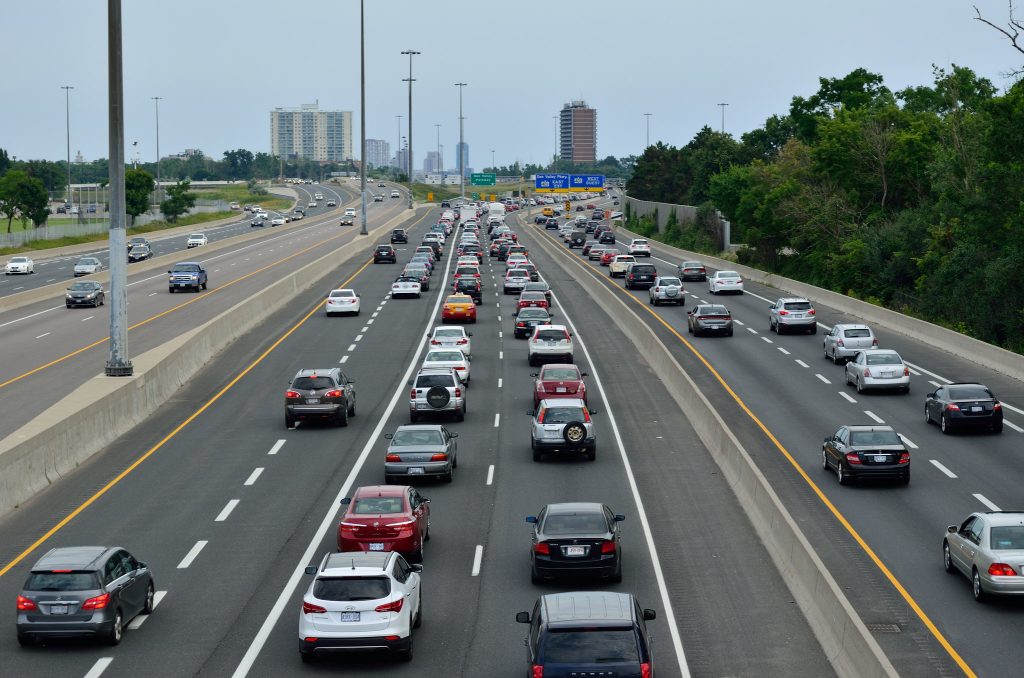The NTSB recommends safety standards for AVs. But Congress isn’t listening.
Update, 4/10/20: Republican staff of the House Energy and Commerce committee published a blog post arguing that the COVID-19 crisis is a great opportunity to pass automated vehicle legislation that prioritizes vehicle deployment over safety. To be clear, ventilators and personal protective equipment save lives during pandemics, not AVs. Don’t exploit a crisis to advance legislation devoid of any meaningful safety standards.
The National Transportation Safety Board (NTSB) found in two investigations that the lack of safety standards contributed to fatal automated vehicle crashes. And polling shows that Americans overwhelmingly want these safety standards. There’s both evidence that safety standards are needed, and a desire among the public to establish them: so why isn’t Congress including safety standards in its draft automated vehicle (AV) legislation?
To hear some in the automotive and technology industries tell it, the only way we can ever advance as a society and develop AVs—”innovate” as they say—is to do so in a Wild West regulatory state. No basic, minimum performance standards to keep people safe.
And that’s exactly what Congress is planning to gift to the automated vehicle industry. Congressional committees across party lines are writing legislation that allows AV manufacturers and developers to put this new technology on the road before it’s proven to be safe.
This is incredibly disturbing in light of new findings from the National Transportation Safety Board, the U.S.’s premier transportation safety investigators. The NTSB found in not one but two investigations that the complete lack of federal safety standards contributed to fatal AV crashes. In its investigation of a fatal Tesla crash (released last week), the NTSB said that the main federal vehicle safety regulator “failed to develop a method for verifying that manufacturers … are incorporating system safeguards that are critical to ensuring the safety of the motoring public.” Translation: The federal government is doing nothing to check that AVs are actually safe.
The investigators at the NTSB aren’t the only ones highlighting the importance of safety standards: New polling from Advocates for Highway and Auto Safety found that Americans overwhelmingly want safety performance standards for AVs.
Yet Congress is doing the exact opposite. For the last few months, a bicameral, bipartisan group of Congressional committee staff have been drafting pieces of a potential AV bill that deploys AVs before they are proven to be safe. In the drafts released publicly, the Secretary of Transportation has 10 years to set motor vehicle safety standards; in the interim, automakers must “self-certify” that their AVs are safe by submitting test results and data—but the Secretary is prohibited from banning AVs for sale based on any of those materials.
These drafts directly contradict what the NTSB advises and what the public wants. The NTSB has now repeatedly recommended that the federal government verify that AV manufacturers include critical safety systems in their vehicles; but the draft AV bill sections doesn’t require that the federal government do this. The NTSB recommends that the federal government test AV technology themselves; the draft bill also doesn’t require this. The NTSB recommends that the federal government use “enforcement authority” to make automakers comply with safety rules, but the draft bill doesn’t give the federal government any imminent hazard authority—nor create any safety rules to comply with. Whether or not Congress adopts these specific proposals, it should concern us all that Congress is considering legislation which fails to include any safety standards before AVs are deployed.
Safety standards are not a lot to ask for. Without safety standards, preventable crashes will happen; people will die. Yet it seems that Congress has fallen for the siren song of automakers and tech firms, believing the marketing tale the AVs are inherently safe. If that’s the case, then what’s the harm in enshrining that safety into law with minimum safety performance standards?
AV technology is a once-in-a-lifetime opportunity to dramatically improve safety for all road users, not just people inside cars. And with more people dying while walking and biking than ever before, it’s an opportunity Congress would regret to miss.
We’re not the only ones who want minimum performance safety standards. In August, we joined over 40 national advocacy groups to send a letter to Congress outlining what any AV legislation needs to guarantee safety and equitable access to this new technology. You can read that letter here.




















